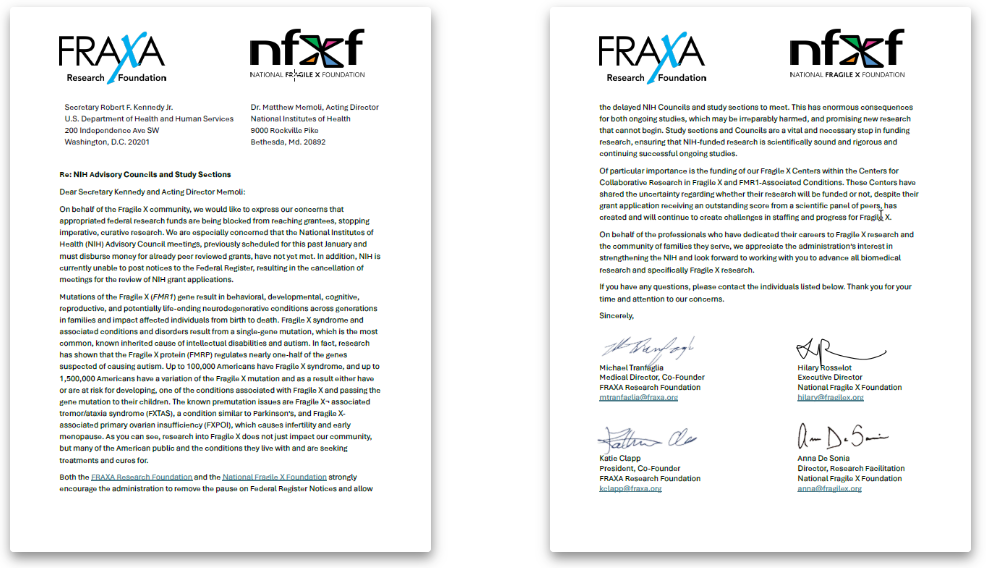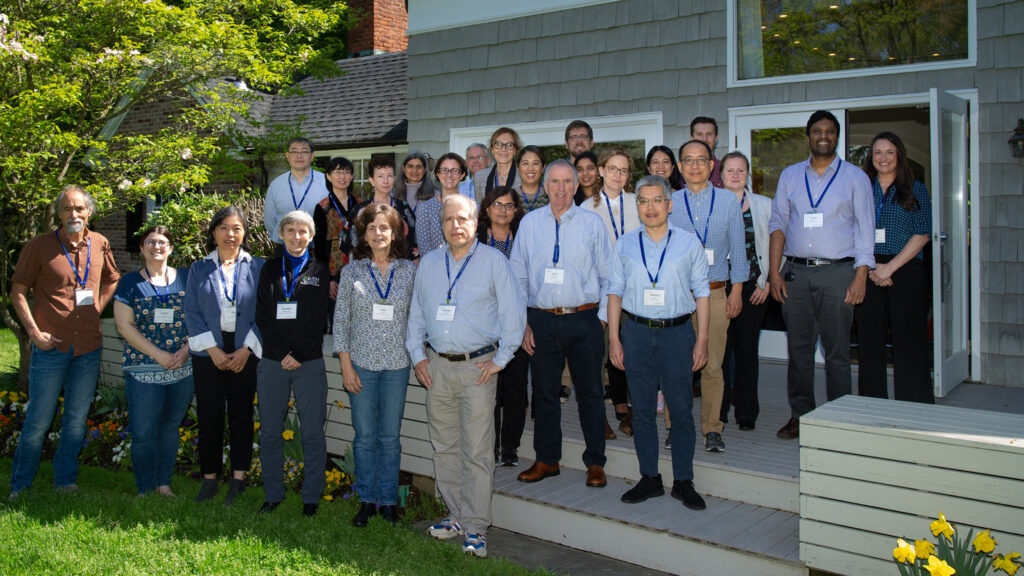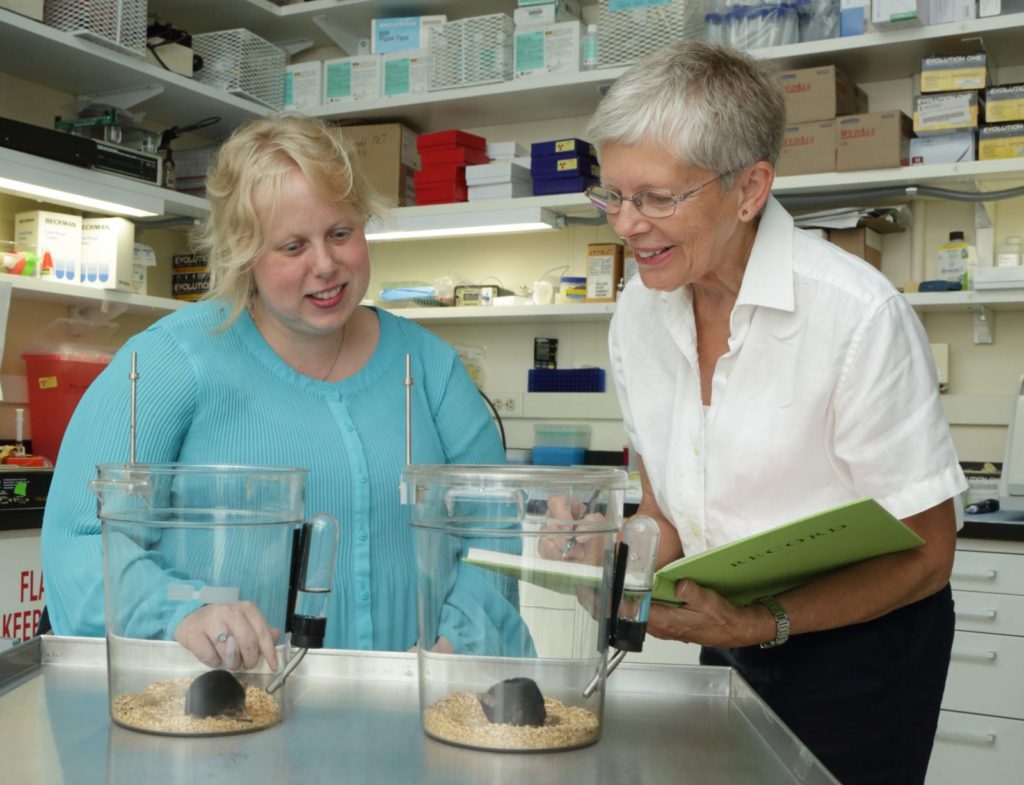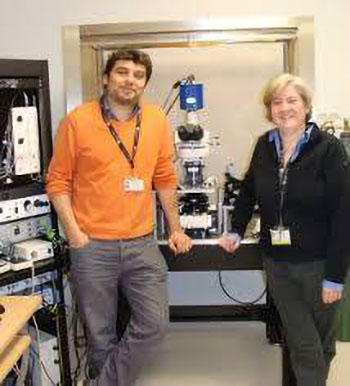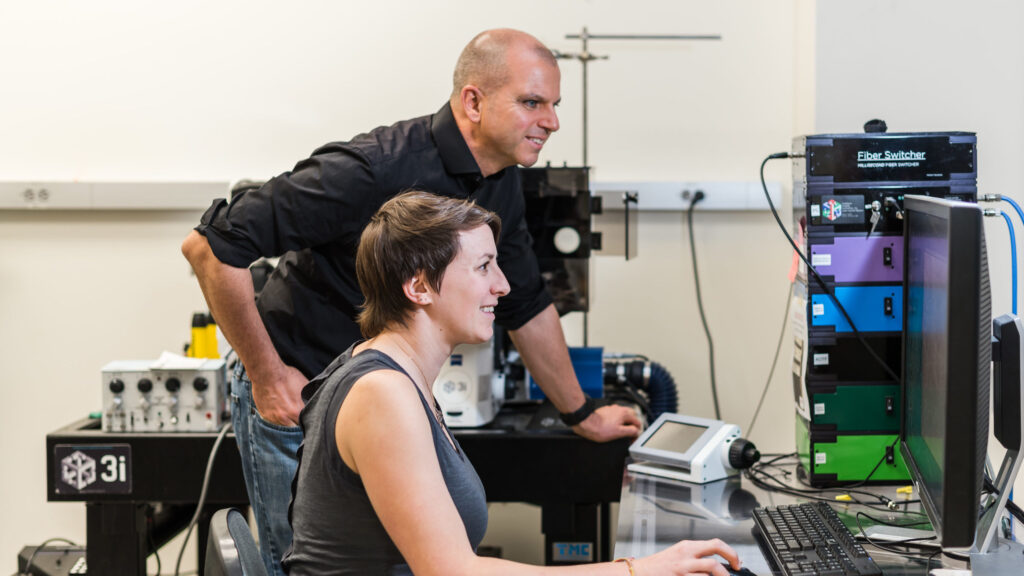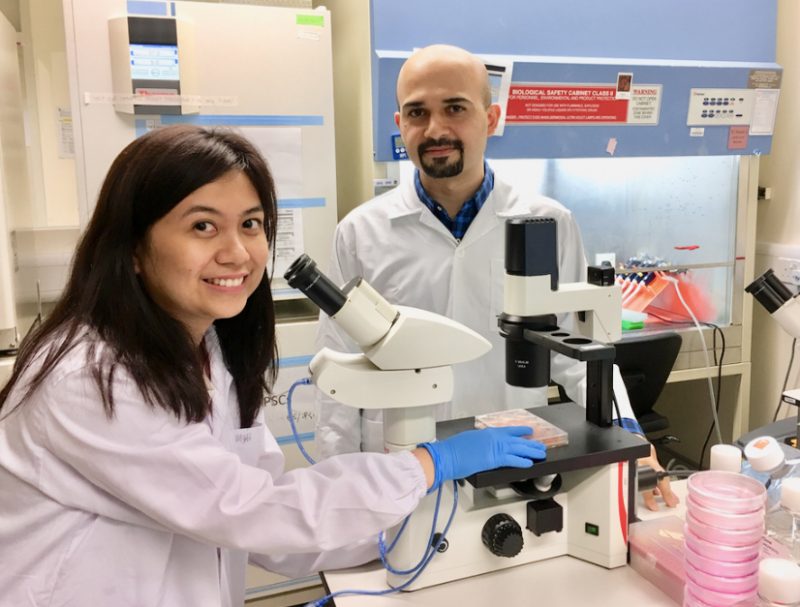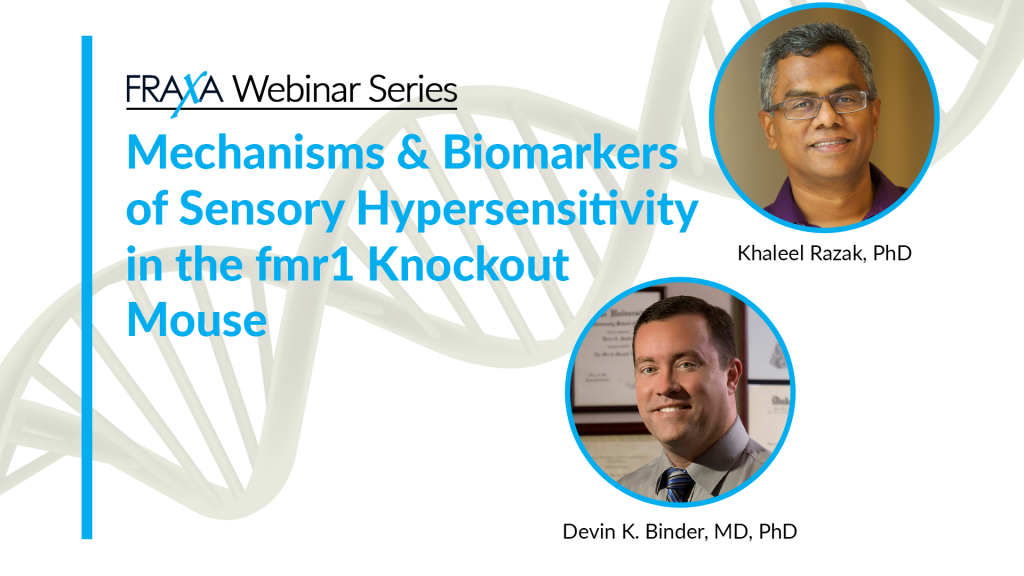Harnessing FMRP Autoregulation for Safer Gene Therapy in Fragile X
Fragile X syndrome gene therapy could be safer with an FMRP “safety dial” that self-regulates expression using natural FMR1 control elements.
Nospharma Announces Partnership with FRAXA to Test NOS-01 in Pre-Clinical Models of Fragile X
NOS-01 enters the FRAXA Drug Validation Initiative (FRAXA-DVI) for Fragile X mouse-model testing, generating data to guide development decisions.
Urgent Action Needed: Help Secure NIH Funding for Fragile X Research
NIH funding delays threaten Fragile X research, putting critical studies and future treatments at risk. Help us urge Congress and the NIH to act now.
Clinical Study of Non-Invasive EEG for Children Ages 2-7
Dr. Carol Wilkinson, MD PhD at Boston Children’s Hospital recruited children ages 2-7 years with Fragile X syndrome to participate in a study of EEG.
Breakthrough Discoveries in Fragile X Research: Insights from Special Banbury Meeting on Curative Therapies
Explore the latest breakthroughs in Fragile X research unveiled at the recent Banbury Meeting. Discover novel strategies, from gene therapy to protein replacement, that bring hope for curative therapies.
Fragile X Clinical Trial of New PDE4D Inhibitor from Tetra
A $200K FRAXA grant enabled a successful Phase 2 trial of a PDE4D inhibitor for adult men with Fragile X, showing strong cognitive gains without side effects or tolerance.
Altered Sleep in Fragile X Syndrome: Basis for a Potential Therapeutic Target
With this FRAXA grant, Dr. Carolyn B. Smith and Dr. Rache Sare at the National Institute of Mental Health investigated the basis of sleep problems in Fragile X syndrome.
FX-Learn Clinical Trial for Children with Fragile X
Thirteen centers across the US enrolled children with Fragile X in a large-scale clinical trial of Novartis AFQ056. Dr. Elizabeth Berry-Kravis and colleagues aim to show that this targeted treatment — an mGluR5 blocker for Fragile X which failed in previous adult human trials — can be better evaluated by studying effects on learning in young children.
Memorial Tribute to Dr. Stephen T. Warren
Dr. Stephen T. Warren, who discovered the Fragile X gene (FRAXA) in 1991, passed away June 6, 2021. Donations in his honor support FRAXA Research.
Pivotal Phase 3 Trial of Zygel in Severe Fragile X Possible This Year
Zynerba Pharmaceuticals reported receiving advice from the U.S. Food and Drug Administration (FDA) on the design of an upcoming Phase 3 clinical trial meant to confirm previous trial findings supporting Zygel as a cannabidiol treatment in a specific subset of Fragile X syndrome patients. The new trial, called RECONNECT, is expected to launch before October, and will mainly enroll children and adolescents with a complete (100%) methylation of FMR1, the gene mutated in Fragile X.
Cellular-Specific Therapeutic Targeting of Inhibitory Circuits in Fragile X Syndrome
The team studied how inhibitory brain circuits malfunction in Fragile X and tested ways to restore balance by targeting mGluR and endocannabinoid signaling.
FRAXA Supports Increased Funding for NICHD
FRAXA has joined the Friends of NICHD coalition, urging increased government funding for research into Fragile X and related conditions.
Auditory Dysfunction in Fragile X Syndrome in a Mouse Model of Fragile X
FRAXA-funded studies found Fragile X mice show altered auditory circuit function with delayed startle timing and reduced prepulse inhibition, mirroring human sound sensitivity.
Beneath the Surface of Fragile X Syndrome: Study Sheds Light on What’s Happening in Nerve Cells
This FRAXA-funded project has turned up some surprising results. At first, it might seem Kurosaki and Maquat have found yet another cellular process which is malfunctioning in Fragile X. But this finding is intimately related to previous findings of abnormal protein synthesis and misregulated transcription in Fragile X. FMRP (the protein lacking in Fragile X syndrome) is involved in chaperoning messenger RNAs within cells to active sites, and in controlling their translation into many different proteins. Some of these proteins are transcription factors, which feed back to the nucleus to control gene expression.
Integrating Human and Mouse Studies in Fragile X Syndrome – an NIH Center Approach
Presentations by Craig Erickson, Ernest Pedapati, Devin Binder, and Kimberly Huber about their research on Fragile X as part of their NIH Center of Excellence.
Towards Understanding the Role of FMRP in Human Brain Development Using Brain Organoids
Dr. Zhexing Wen and Dr. Peng Jin of the newly funded Fragile X Center of Excellence at Emory University School of Medicine join us in this seminar to present about Understanding the Role of FMRP in Human Brain Development Using Brain Organoids.
Positive Results Reported in Phase II Fragile X Clinical Trial of PDE4D Inhibitor Zatolmilast from Tetra Therapeutics
Today, Tetra Therapeutics announces the first unequivocally positive phase 2 clinical trial in Fragile X syndrome, press release below. The results do not depend on carving out a subset of patients or post hoc analysis.
Centers for Collaborative Research in Fragile X Receive $25 Million Over Next 5 Years
NIH announced $25 million to fund three new Centers for Collaborative Research in Fragile X, supported by NICHD, NIMH, and NINDS.
Genome-wide Screen for FMR1 Reactivation in Human FXS Neural Cells
This team aims to turn the FMR1 gene back on in Fragile X by identifying factors that reactivate the silenced gene and restore production of the missing FMRP protein.





